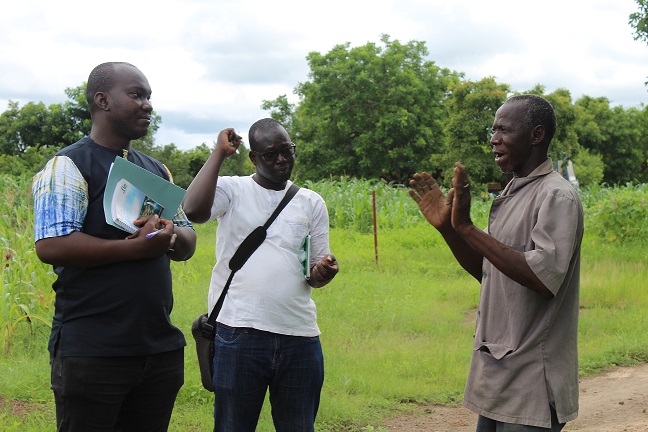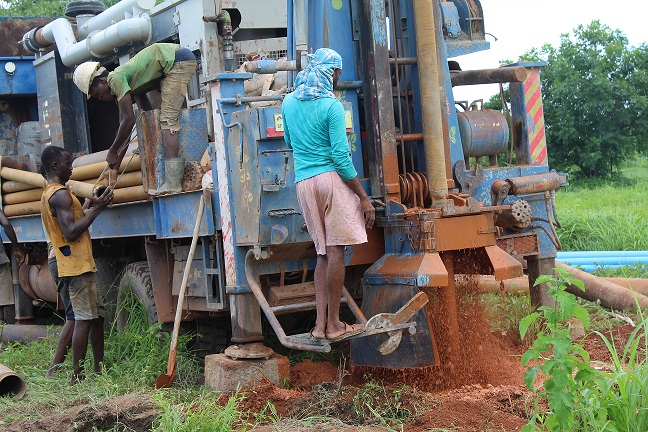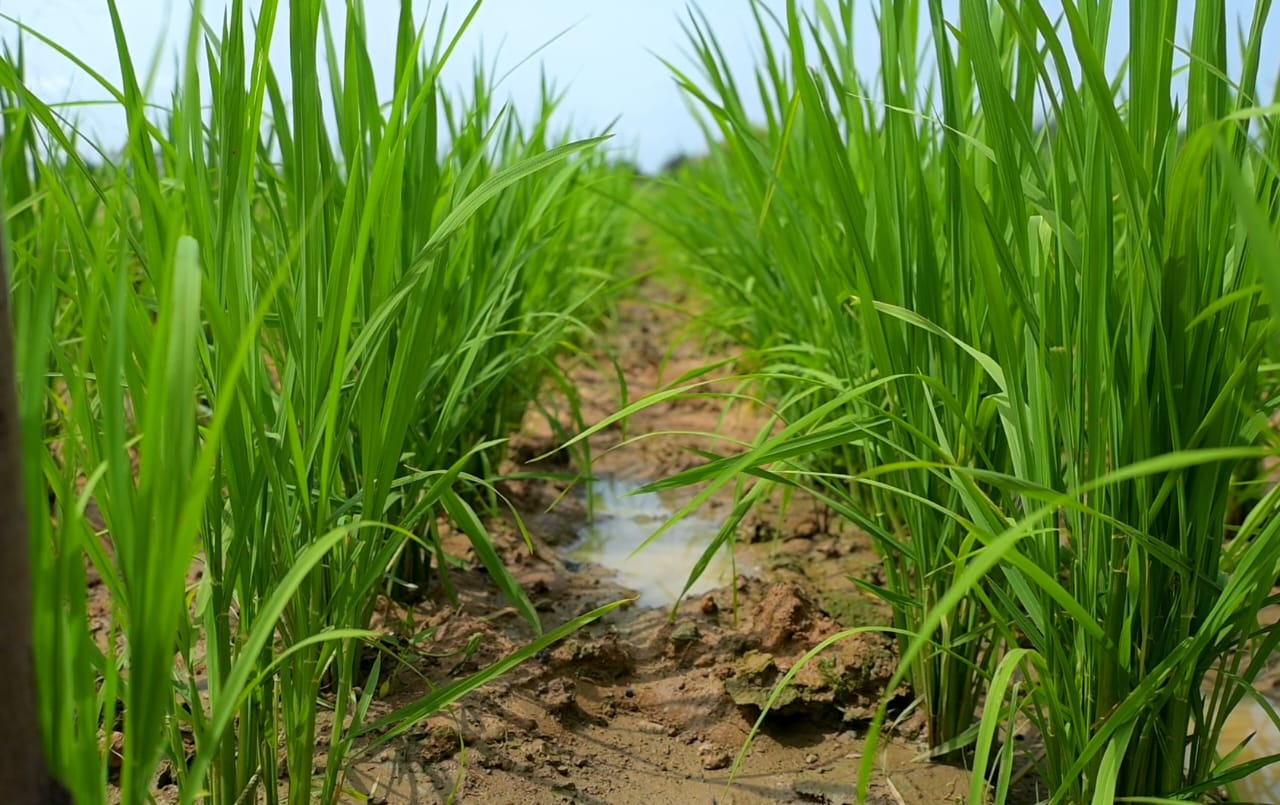THE FIE MONITORS ACTIVITIES IN THE MUNICIPALITIES OF LOUMBILA, PABRE AND SAPONE

A team from the Environmental Intervention Fund (FIE) visited the municipalities of Loumbila, Pabré and Saponé on August 20, 21 and 22, 2025, to monitor the execution of works and activities within the framework of the implementation of the LoCAL facility mechanism.
In Saponé, the team monitored the work to strengthen the development of the agricultural perimeter (market gardening perimeter and nutrient garden) supplied with a solar-powered water supply system in Kougpaka. On the site, it is planned to drill an additional borehole and connect it to the existing one and provide a tap outside the site for the community); build four (4) water retention basins and ensure monitoring and control. It is also on the agenda to train producers in composting techniques and biopesticide manufacturing; to provide them with small equipment and improved seeds and to train 30 producers in moringa and baobab leaf drying techniques.
Also in the commune of Saponé, the extension of the Boulsin rice-growing lowland is planned, the training of 60 rice farmers in rice production techniques and the training of 40 producers in fodder production.

As for the municipality of Pabré, it is planned to strengthen the pumping and water supply system of the developed perimeter of Sabtenga. Thus, the works concern the supply and installation of a solar pump of more than 15m3/h HMT 60 m; the supply and installation of a complete 5 KW solar station; the supply and installation of a metal water tower (10 m3, raft height 10 m) + tower. The site will also see the construction of eight additional basins with the various pipes and the installation of a polytank reservoir; the installation of solar streetlights; the acquisition of fertilizer and seeds for the benefit of producers; the training of members of the cooperative in composting techniques and natural resource management and the monitoring and control of the works.
As for the commune of Loumbila, it is also planned to strengthen the development of the nutrient garden. To do this, it is necessary to loosen the soil using a tractor to facilitate the development of small plots in the form of a nursery in the garden, taking into account sustainability criteria; to create four (4) basins for water storage; to acquire equipment, seeds and inputs.

It is also planned to train 80 people (30 beneficiaries plus 50 representatives of local populations) in sustainable management of natural resources through the manufacture and use of improved stoves and to train the beneficiaries of the garden in agroecology and the manufacture of organic compost, pesticides and herbicides.
On the ground, the monitoring team noted that work is progressing according to the established schedule. Discussions with municipal stakeholders and beneficiaries have helped to find solutions to the identified difficulties in order to remove bottlenecks.
The monitoring team took the opportunity of the various meetings to fill in the ACCAF tool in order to highlight the indicators linked to the interventions.
DCRP/FIE
 English
English  Français
Français 




